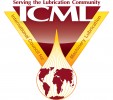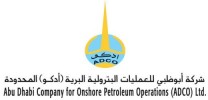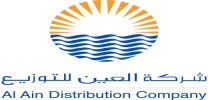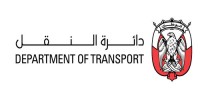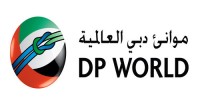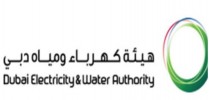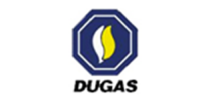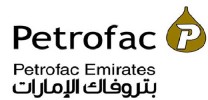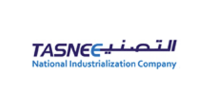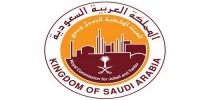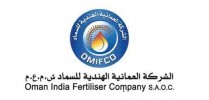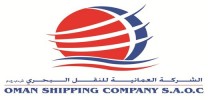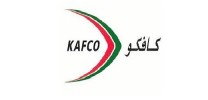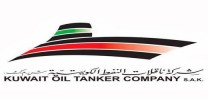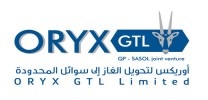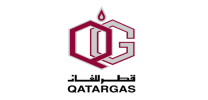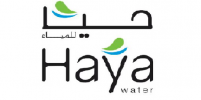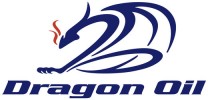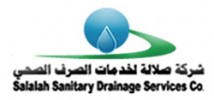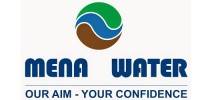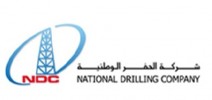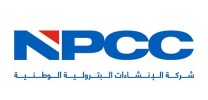
Trace Analysis: Applications, Methodologies, Techniques, Sample Preparation, Measurement, Removal & Reporting
Course Introduction:
Trace Analysis measurements play a key role in many areas of interest to industry and commerce, to governments, and to individuals. For example, the development and production of many new materials, of microelectronic devices, and of safe pesticides has been dependent on the availability of specific trace analysis techniques. Similarly, Trace Analysis is used in the first instance by governments to set many regulatory limits for purposes such as protection of the environment, or protection of the consumer, or to protect the health and safety of the workforce. Subsequently, Trace Analysis must be used by both industry and government to monitor or enforce these limits. Trace Analysis is also essential to ensure the smooth flow of trade between companies or countries. For example, a manufacturing company purchasing materials or components will need to know that its suppliers are meeting an agreed specification. Obviously, checking such specifications may require a wide variety of physical or chemical measurements but Trace Analysis data are often vital, particularly with high technology products or materials intended for human consumption or application. Similarly, international trade is subject to extensive controls and regulations, many of which depend on Trace Analysis data.
This course is designed to provide a comprehensive and up-to-date overview of Trace Analysis. It will introduce the various techniques to determine certain chemical constituents at trace levels together with their applications. The course therefore offers invaluable training to chemists and analysts in all areas and at all levels, providing practical ‘expert’ advice on methodology.
Course Objectives:
Upon successful completion of this course, the delegates will be able to:
- Develop an understanding of trace analysis including its importance in today’s world, discuss the approach to quality, the approach to trace analysis and the proper analytical methodology in achieving valid trace analysis
- Illustrate the proper procedure on sample preparation and undertake general precautions in the separation and pre-concentration of chemical constituents
- Illustrate the proper procedure on sample handling especially in sample storage and stability and sample pre-treatment, homogenization, sub-sampling and potential sources of contaminants
- Apply the proper methodologies, techniques and measurement of chemical constituents in atomic spectroscopy, elemental mass spectrometry, the chromatography of ions, gas chromatography, high performance liquid chromatography, thin layer chromatography and electrochemical techniques
- Become familiar with the accurate analysis of speculated elements including the extraction of the analyst and preparation of a test solution, comparison of determination techniques, critical factors when using coupled techniques and the general precautions and tips in trace analysis
Who Should Attend?
This course is intended for all laboratory personnel and technical staff such as chemists, analysts, chemical engineers, scientists, R&D and anybody who are interested and dealing within chemical analysis, research and development, environmental studies, quality control, refineries, petrochemical plants, water and wastewater plants, hospitals and medical centers.
Course Outline:
Day 1:
· Goals of the course
· The process of chemical analysis
· Instrumental analytical methods versus classical analytical methods
· Selectivity and interferences in trace analysis
· Figures of merit in instrumental analysis (Accuracy, Precision, Sensitivity, Dynamic Range, Detection Limits, Selectivity). Calibration methods
Day 2:
QUALITY ASSURANCE AND CALIBRATION METHODS
· Basics of Quality Assurance
· Method Validation
· Standard Addition
· Internal Standards
FUNDAMENTALS OF SPECTROPHOTOMETRY
· Properties of Light
· Absorption of Light
· Measuring Absorbance
· Beer’s Law in Chemical Analysis
· What Happens When a Molecule Absorbs Light?
· Luminescence
Day 3:
ATOMIC SPECTROSCOPY
· An Overview
· Atomization: Flames, Furnaces
· How Temperature Affects Atomic Spectroscopy
· Instrumentation
· Interference
· Inductively Coupled Plasma–Mass Spectrometry
Day 4:
FUNDAMENTALS OF ELECTROCHEMISTRY
· Lithium- Ion Battery
· Basic Concepts
· Galvanic Cells
· Standard Potentials
· Nernst Equation
· E° and the Equilibrium Constant
· Cells as Chemical Probes
ELECTRODES AND POTENTIOMETRY
· Reference Electrodes
· Indicator Electrodes
· What Is a Junction Potential?
· How Ion-Selective Electrodes Work
· pH Measurement with a Glass Electrode
· Ion-Selective Electrodes
· Using Ion-Selective Electrodes
Day 5:
GAS CHROMATOGRAPHY
· The Separation Process in Gas Chromatography
· Sample Injection
· Detectors
· Sample Preparation
· Method Development in Gas Chromatography
Course Conclusion
Using this course overview, the instructor(s) will brief participants about the course topics that were covered during the course.
Course Certificate:
International Center for Training & Development (ICTD) will award an internationally recognized certificate(s) for each delegate on completion of training.
Course Methodology:
A variety of methodologies will be used during the course that includes:
· (30%) Based on Case Studies
· (30%) Techniques
· (30%) Role Play
· (10%) Concepts
· Pre-test and Post-test
· Variety of Learning Methods
· Lectures
· Case Studies and Self Questionaires
· Group Work
· Discussion
· Presentation
Course Fees:
To be advised as per the course location. This rate includes participant’s manual, hand-outs, buffet lunch, coffee/tea on arrival, morning & afternoon of each day.
Course Timings:
Daily Course Timings:
|
08:00 - 08:20 |
Morning Coffee/Tea |
|
08:20 - 10:00 |
First Session |
|
10:00 - 10:20 |
Coffee/Tea/Snacks |
|
10:20 - 12:20 |
Second Session |
|
12:20 - 13:30 |
Prayer & Lunch |
|
13:30 - 15:00 |
Last Session |





.jpg)





